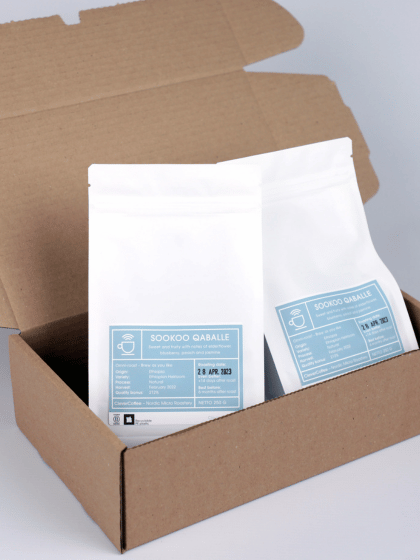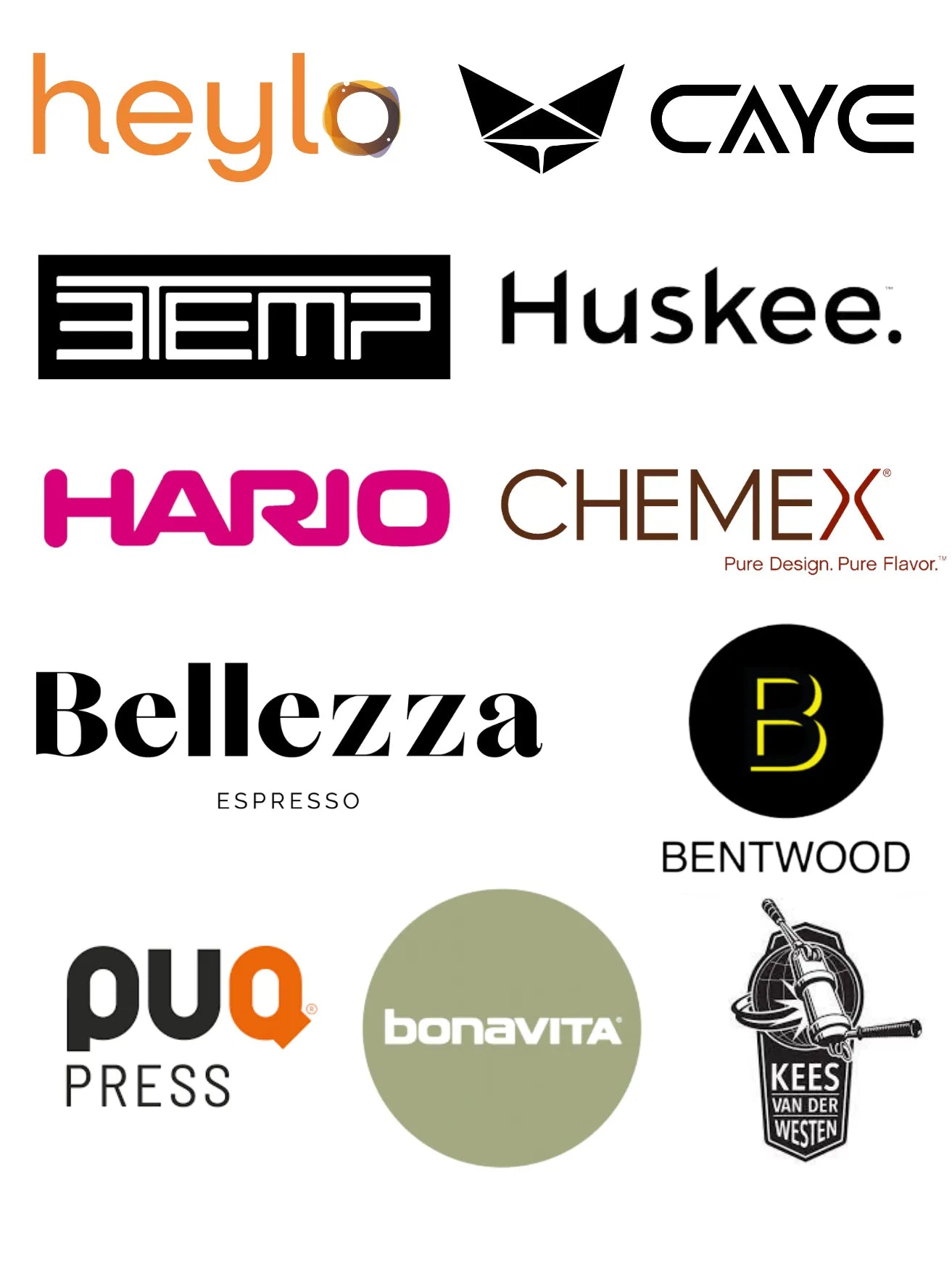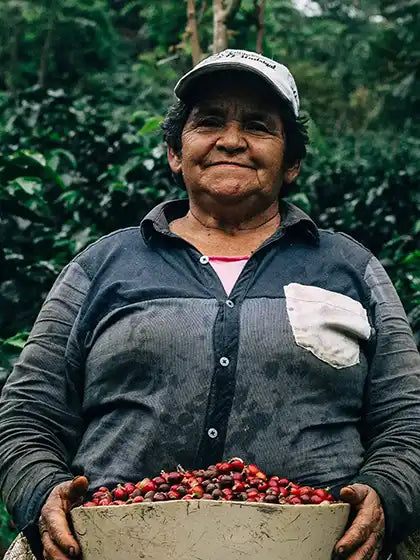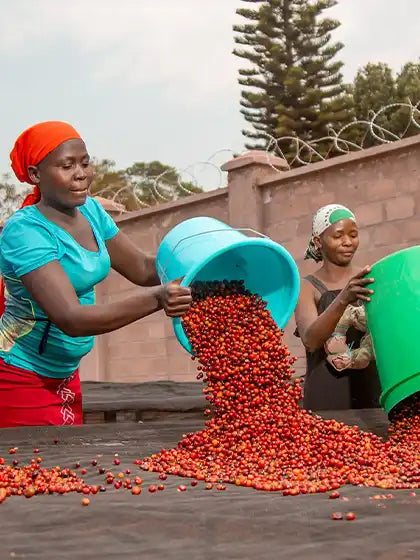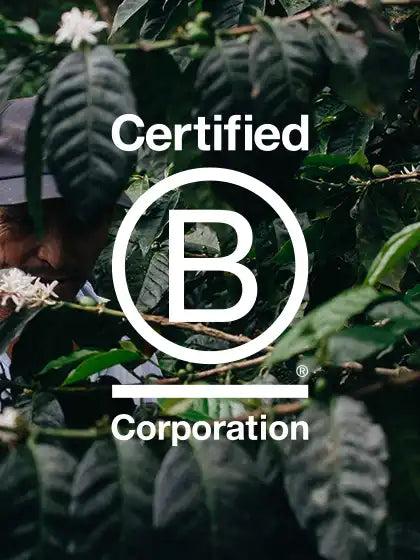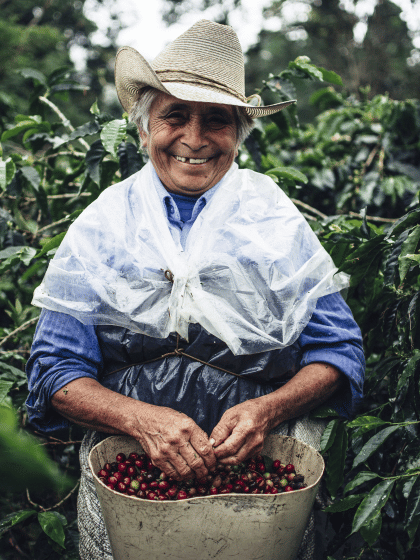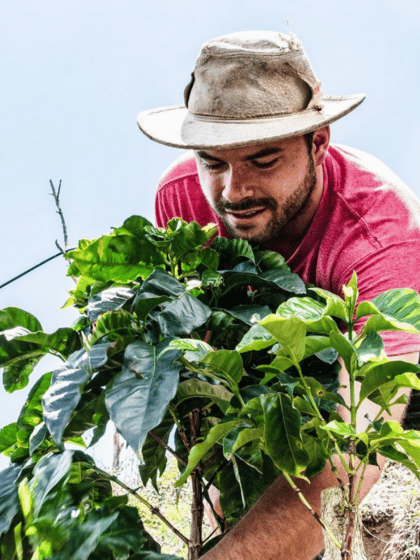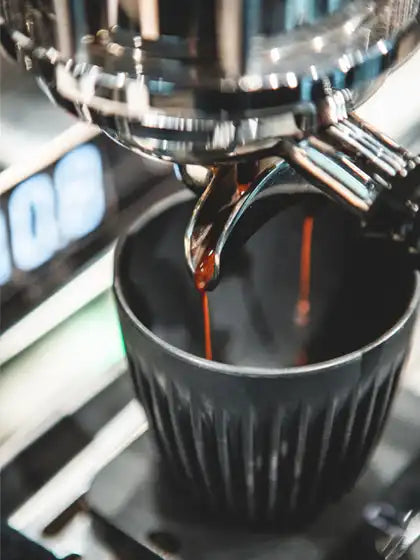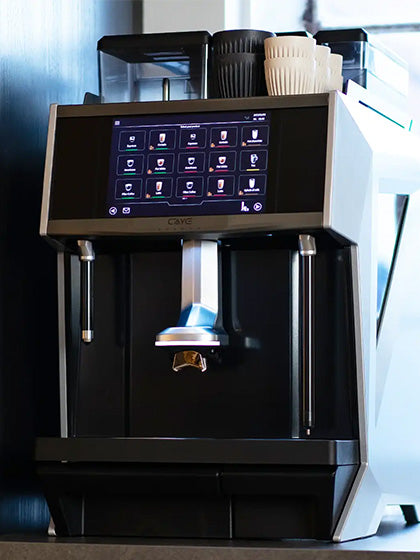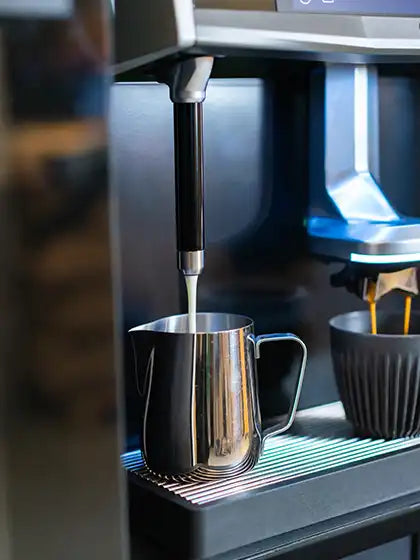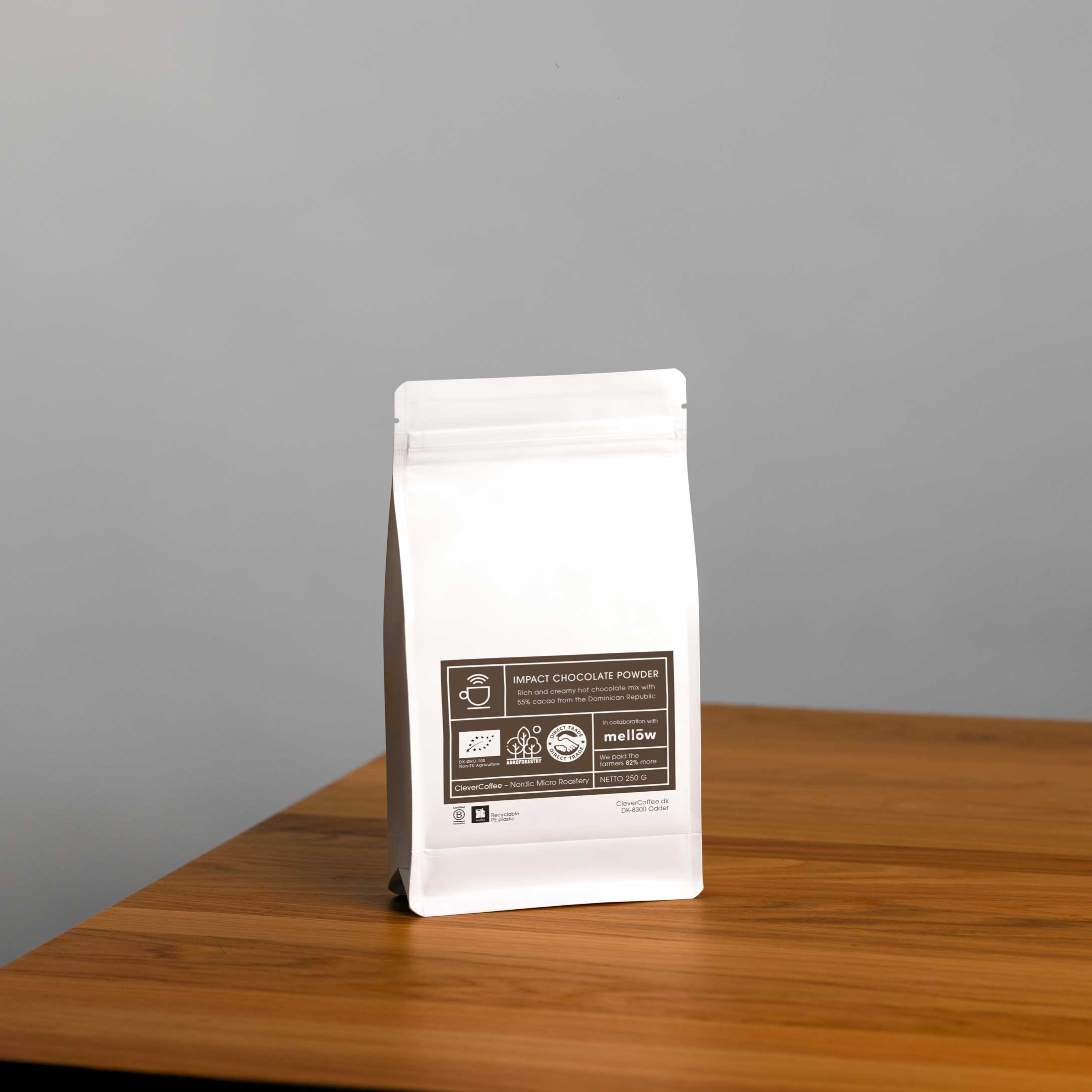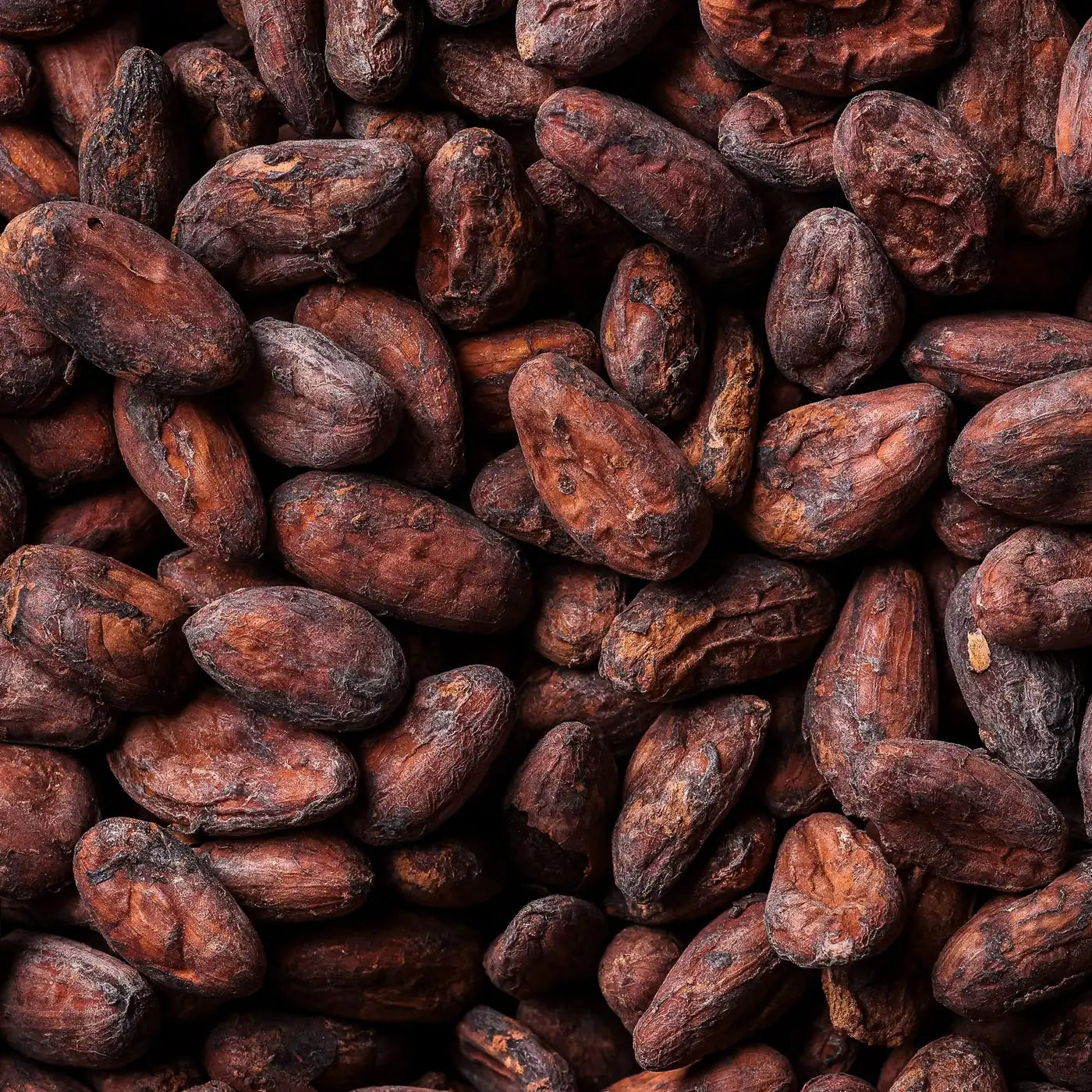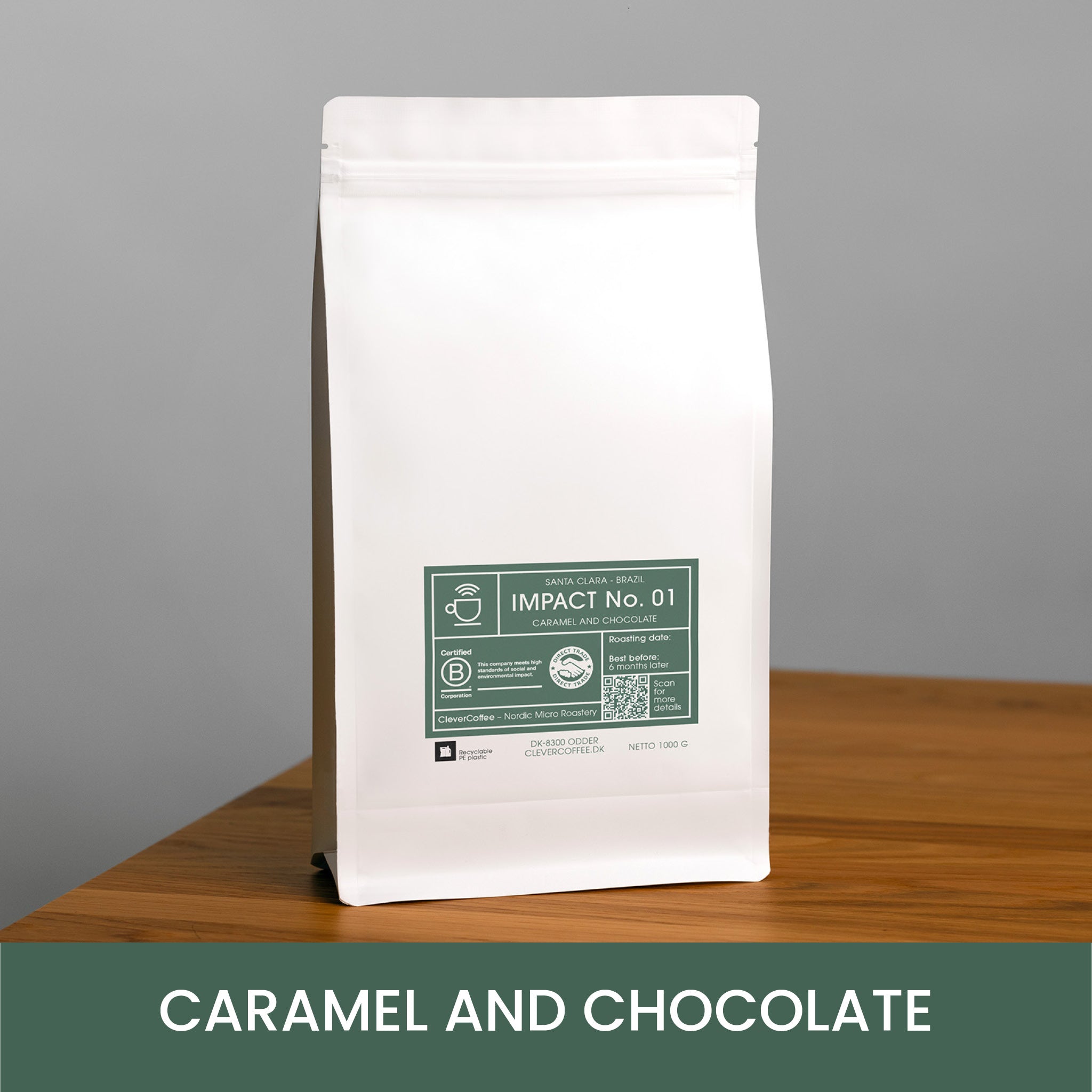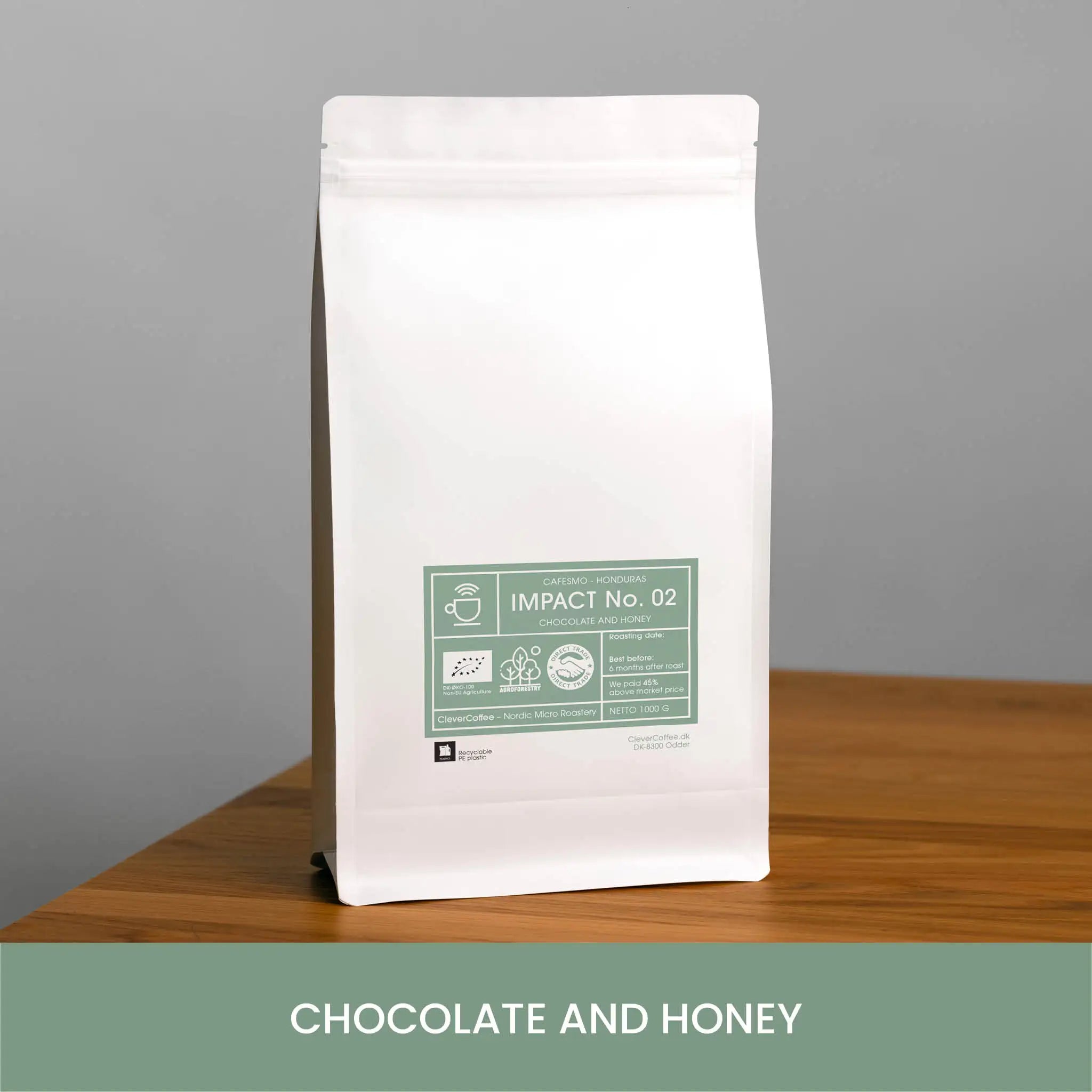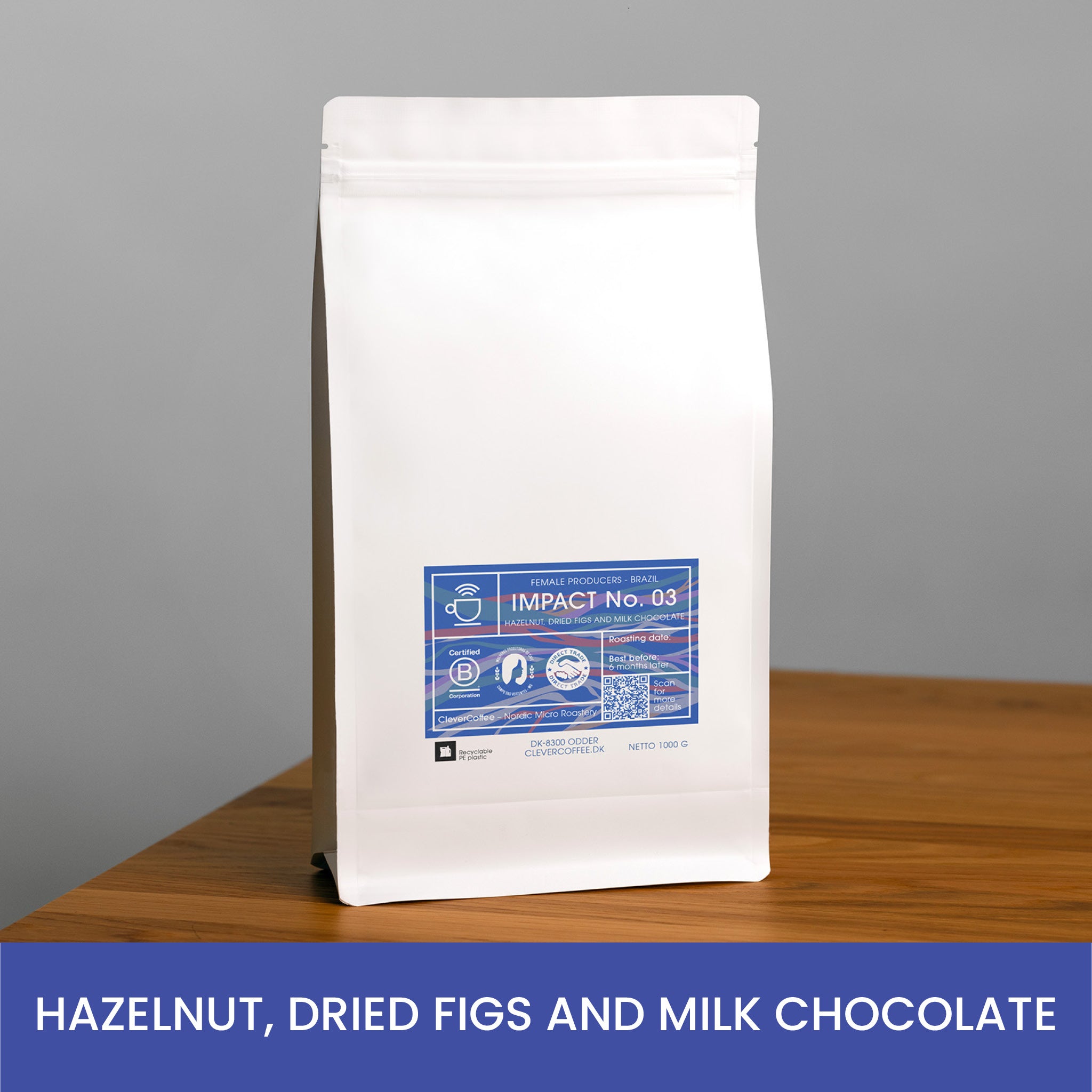You have to choose a coffee supplier, but...
What should you ask them?
When it comes to coffee, it can be difficult to know exactly what to ask for from your supplier if you are not an expert yourself.
The questions should be characterised by exactly what you are looking for. Whether it's dark or light roasted coffee, specialty coffee, low-budget coffee or responsible coffee, you need to know what to ask for. But if you are a beginner in the world of coffee production and unsure about which issues need to be considered, it can be difficult to figure out where to start.
Let us guide you and tell you about the 10 good questions you can ask your coffee supplier.

The first question
1. How much do you pay the farmer for the coffee?
The standard price of coffee has not changed for 40 years.
The payment to farmers is often lower than the cost of producing coffee, making it almost impossible for many coffee farmers to run a profitable business and provide for their families.
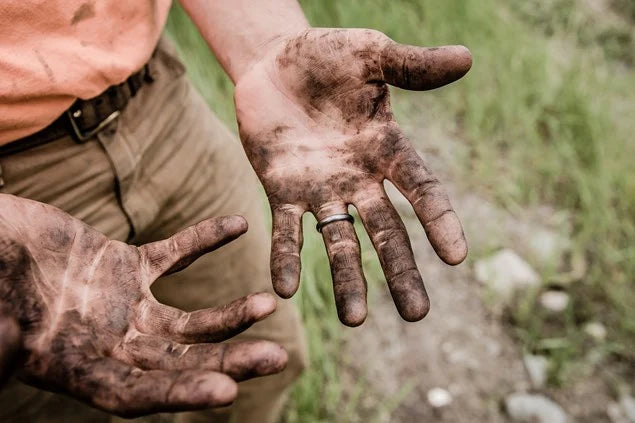
The second question
2. Does the farmer have full ownership of his farm?
The farmer does the hard work and should also get the profit to be able to continue working.
When ownership rests with coffee farmers, they have better opportunities to manage their lives and work as they wish.
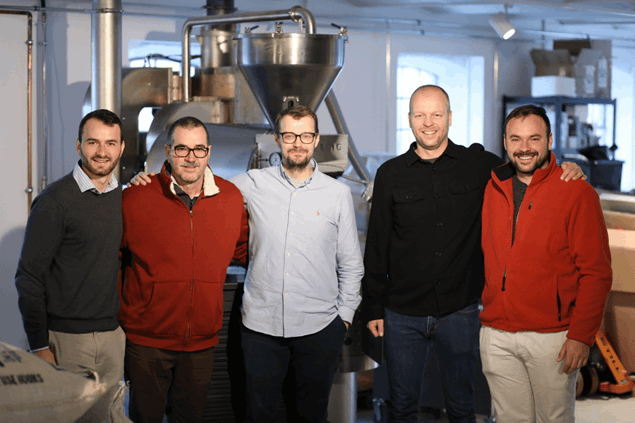
The third question
3. Do you trade directly with the farmer?
A good partnership with a focus on quality and flavour is created over several years of trading directly.
By dealing directly with the farmer, you ensure that the money goes to the right place – namely to the coffee farmer.
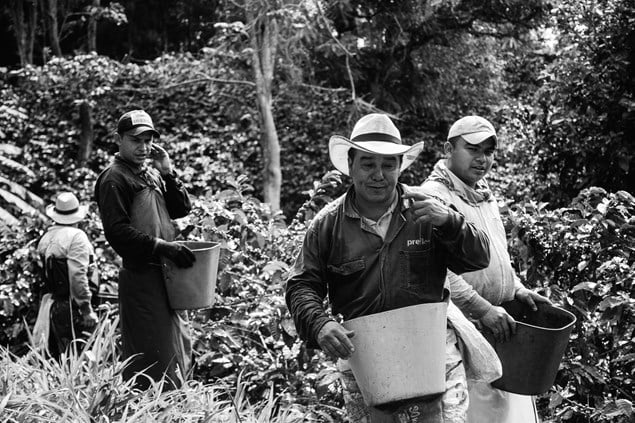
The fourth question
4. How do you ensure good conditions for the coffee farmer?
2 out of 3 coffee farmers live in poverty.
It is paramount that the coffee farmer is able to support themselves. A responsible coffee supplier must be able to prove that they are part of the solution and not the problem.

The sixth question
6. How much CO2e does your coffee emit?
Being transparent about your carbon emissions shows care, responsibility and striving for even better results next year.
We publish our emissions and calculations every year in our Transparency Report.
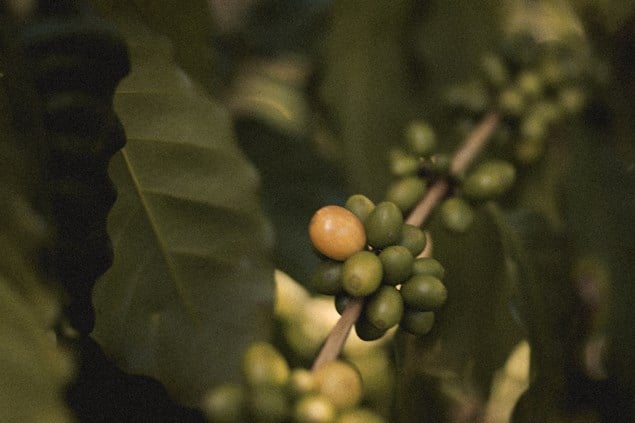
The seventh question
7. Can you guarantee that the coffee production is free from deforestation?
With new EU legislation, you must be able to prove that your coffee has not caused deforestation.
The majority of the coffee we sell is produced in dedicated agroforestry systems, and the farms we collaborate with work actively to ensure biodiversity in various ways.
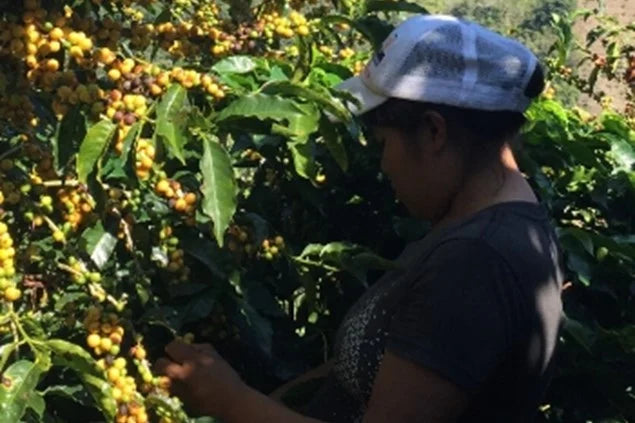
The eighth question
8. Can you guarantee that the coffee is free of child labour?
Child labour is dangerous and means that the children do not go to school.
Child labour is typically a sign that the farm is being paid too little for its coffee and cannot afford to pay for adult employees.
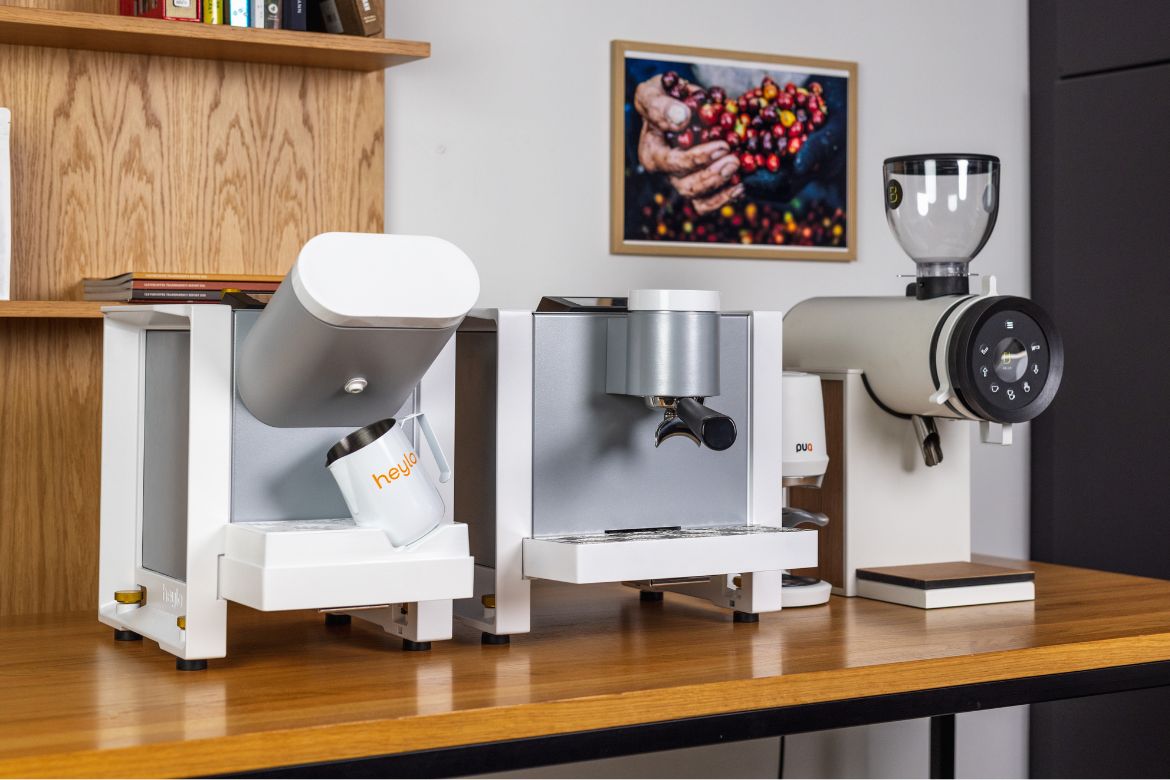
The ninth question
9. What is the lifespan of your machines?
With a coffee machine with a long life and uptime, you will get more out of your resources.
When we can service and ensure good quality with machines for a long time, we reduce the need to replace the machines.
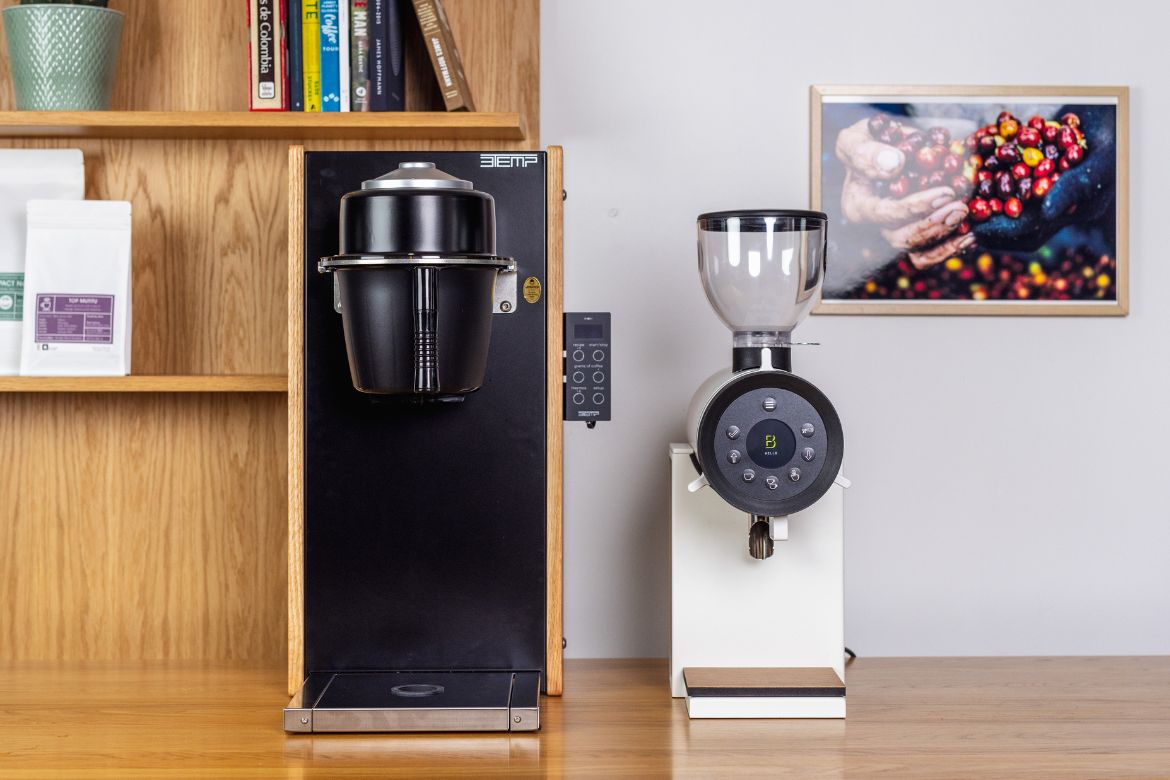
The tenth question
10. What is the power consumption of your machines?
You can save up to 90% on your electricity bill by choosing a coffee machine without a water tank.
This is because the coffee machine isn't wasting energy keeping several liters of water boiling hot all day.
Think in categories
What do I need?
You can try thinking of your questions in categories.
Our questions are divided so that you can ask about which conditions your coffee supplier makes available to the coffee farmers through their partnership.
In addition, you can ask your coffee supplier about carbon emissions and sustainability, as well as how they can guarantee that there is no child labour on the coffee farm.
Finally, we suggest asking about energy consumption and lifespan of machines and equipment – there can be a much bigger difference than you might think.
Contact us
Let's have a casual chat about how we can best help you.

